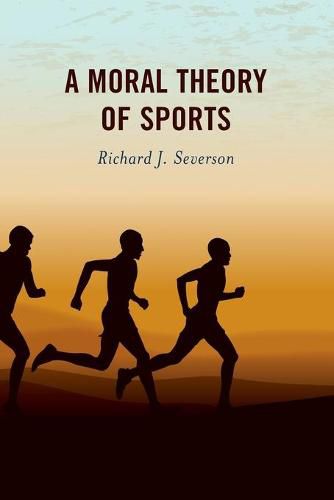Readings Newsletter
Become a Readings Member to make your shopping experience even easier.
Sign in or sign up for free!
You’re not far away from qualifying for FREE standard shipping within Australia
You’ve qualified for FREE standard shipping within Australia
The cart is loading…






The breadth of our moral experience is more extensive than has been believed over the past several millennia. There is more to morality than being honest and good, or aspiring to universal principles. In fact, in many ways the morality of our distant ancestors bears a remarkable resemblance to the moral experiences of modern athletes.
In A Moral Theory of Sports, ethicist Richard J. Severson brings together stories from today’s sports world and the moral practices of hunter-gatherers to shed new light on both sports and morality. Guided by anthropologists, biologists, neuroscientists, and others, Severson discusses what the moral life actually looked like for hunter-gatherer bands in the late Pleistocene epoch and argues that the championing of group success that was the epitome of their morality is the epitome of modern sports, as well.
With fascinating analogies and anecdotes from football, basketball, tennis, cycling, and more, A Moral Theory of Sports offers a unique interpretation of human nature and our love affair with sports.
$9.00 standard shipping within Australia
FREE standard shipping within Australia for orders over $100.00
Express & International shipping calculated at checkout
The breadth of our moral experience is more extensive than has been believed over the past several millennia. There is more to morality than being honest and good, or aspiring to universal principles. In fact, in many ways the morality of our distant ancestors bears a remarkable resemblance to the moral experiences of modern athletes.
In A Moral Theory of Sports, ethicist Richard J. Severson brings together stories from today’s sports world and the moral practices of hunter-gatherers to shed new light on both sports and morality. Guided by anthropologists, biologists, neuroscientists, and others, Severson discusses what the moral life actually looked like for hunter-gatherer bands in the late Pleistocene epoch and argues that the championing of group success that was the epitome of their morality is the epitome of modern sports, as well.
With fascinating analogies and anecdotes from football, basketball, tennis, cycling, and more, A Moral Theory of Sports offers a unique interpretation of human nature and our love affair with sports.